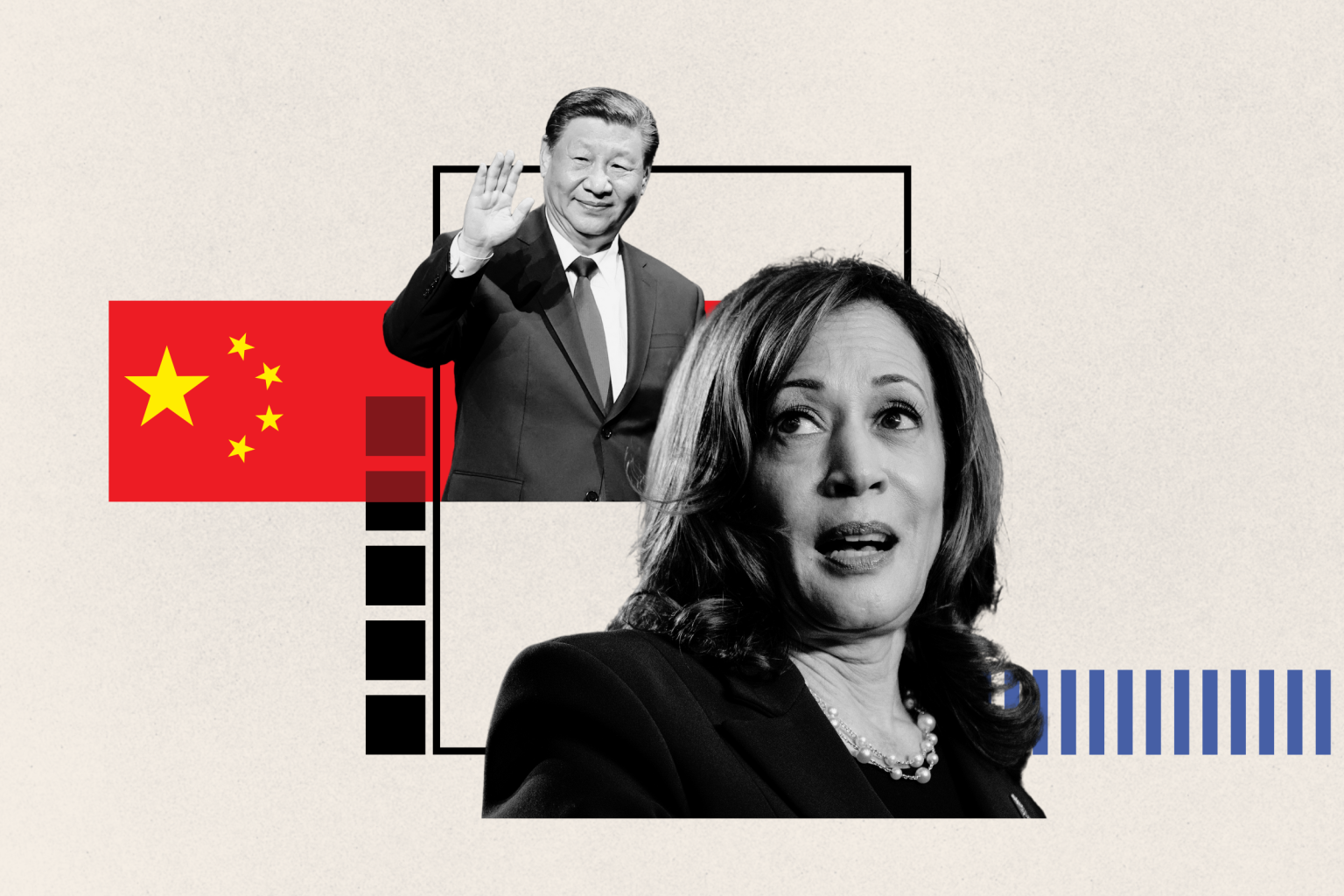As Kamala Harris prepares to accept her party’s nomination for the Democratic presidential candidate, her stance on U.S.-China relations is under scrutiny. The relationship between the two countries is a major concern for many Americans, with a significant portion viewing China as a top foreign policy issue. Despite attempts by President Joe Biden to lower tensions through meetings with Chinese President Xi Jinping, disputes between the two nations continue to escalate, spanning from trade to nuclear weapons to the popular social media app TikTok.
The Trump campaign has accused Harris of being a Chinese Communist Party “sympathizer,” alleging that she is willing to prioritize China’s interests over those of the U.S. When Harris sparred with Vice President Mike Pence in 2020, she criticized the Trump administration’s trade war with China, which resulted in the loss of manufacturing jobs and bankruptcy for farmers. The Biden administration has continued to focus on trade with China, with Secretary of the Treasury Janet Yellen criticizing Beijing for flooding foreign markets with goods in response to low consumer confidence in China.
Harris has emphasized the importance of a bilateral relationship with China that focuses on “de-risking” rather than decoupling. She has stressed the need for protecting American interests and ensuring that the U.S. leads in setting international rules. During a visit to Southeast Asian countries, Harris accused China of bullying its neighbors in the South China Sea, where the country claims sovereignty over disputed territories. Her remarks in Vietnam calling for pressure on Beijing were met with criticism from Chinese state media, accusing her of sowing discord in the region.
Despite China’s ongoing territorial disputes with its neighbors, Harris has expressed support for Taiwan’s self-defense against Chinese claims on the island. She has championed human rights issues involving China, co-sponsoring legislation to sanction Hong Kong officials and supporting the Uyghur Human Rights Policy Act, which was signed into law by former President Trump. The act aimed to highlight the human rights abuses in Xinjiang, where Chinese authorities have detained hundreds of thousands of Uyghurs and other Muslim minorities in internment camps.
Harris’ interactions with Xi Jinping have been limited, with only a brief exchange on the sidelines of the Asia-Pacific Economic Cooperation summit in 2022. She emphasized the importance of keeping lines of communication open to manage competition between the two countries responsibly. As Harris continues to navigate U.S.-China relations, her previous actions and statements provide insight into her approach to diplomatic challenges with one of America’s most significant global counterparts. The upcoming election will likely spotlight her views on this relationship, especially as tensions between the two nations continue to escalate on various fronts, posing complex challenges for future administrations.


